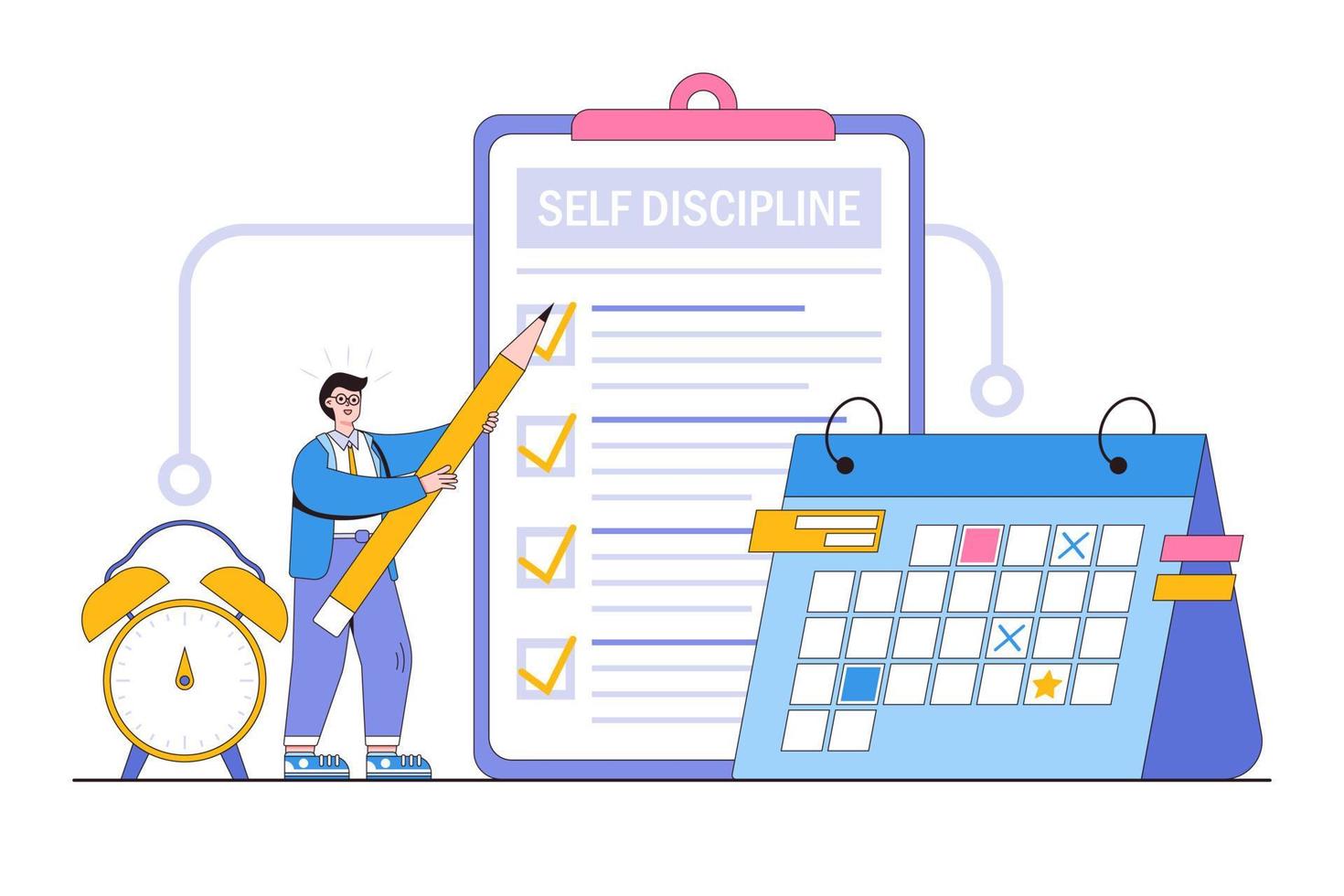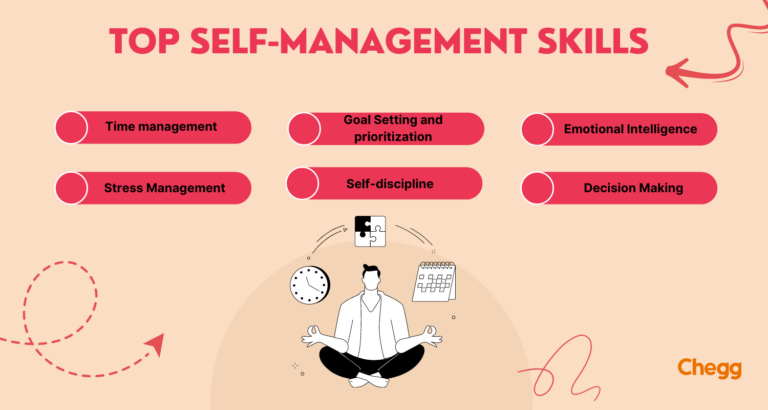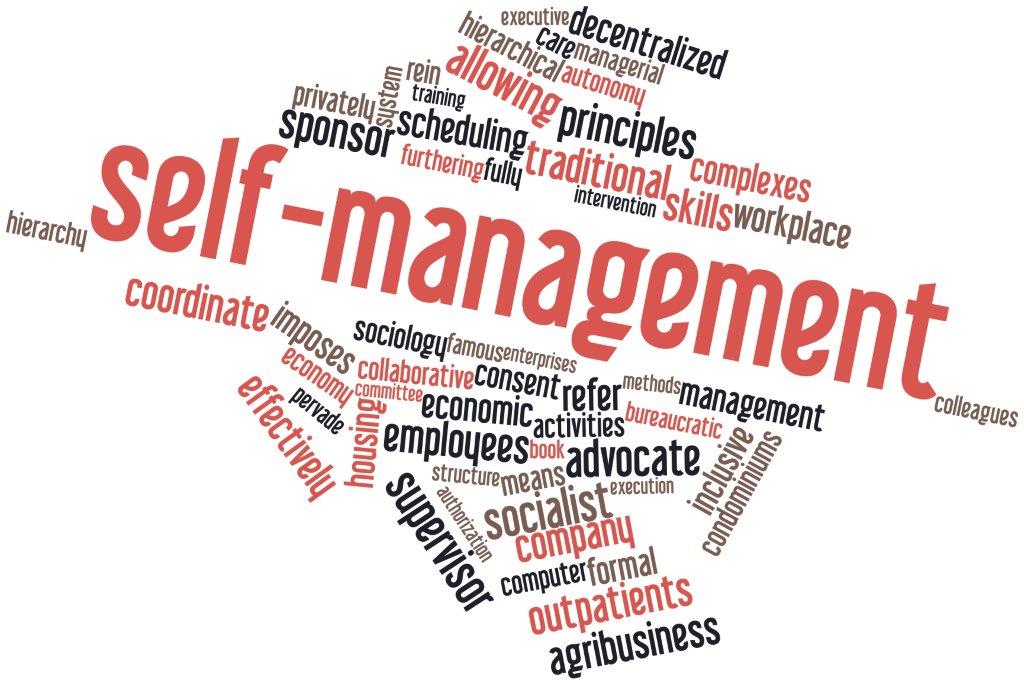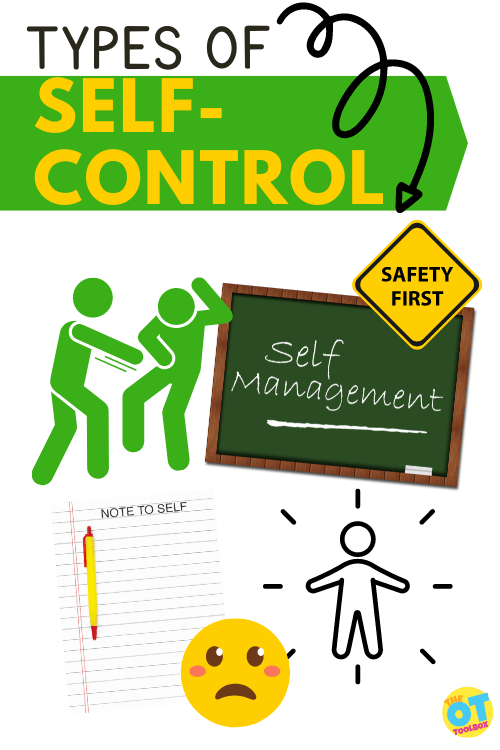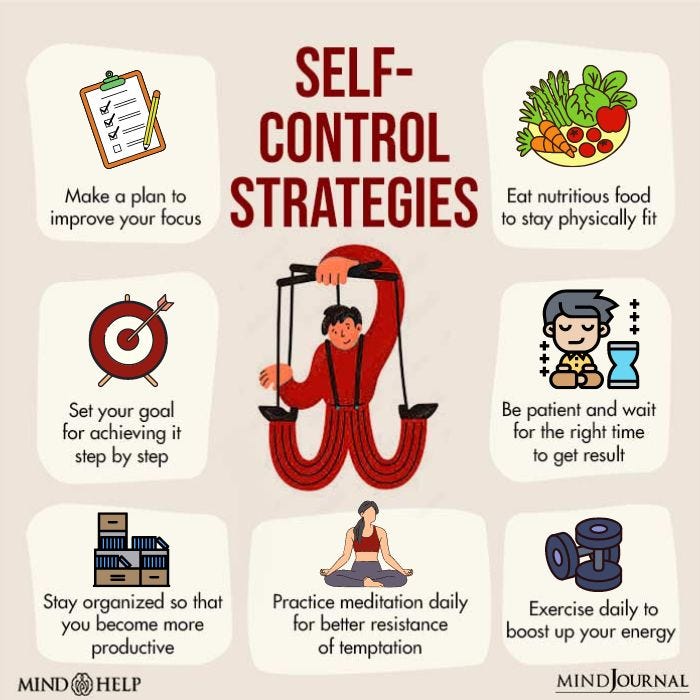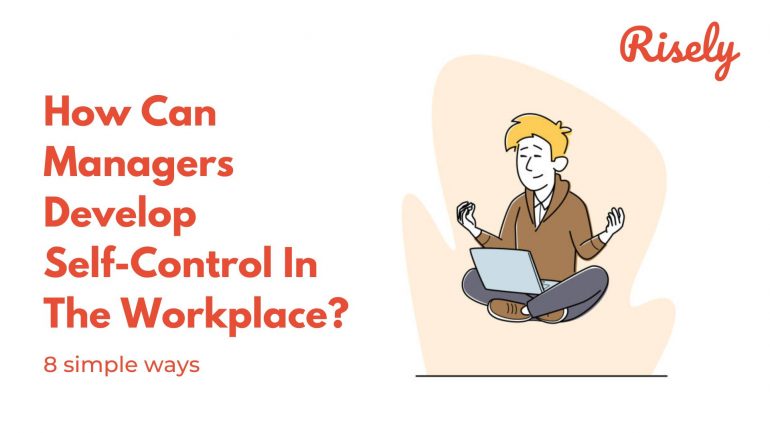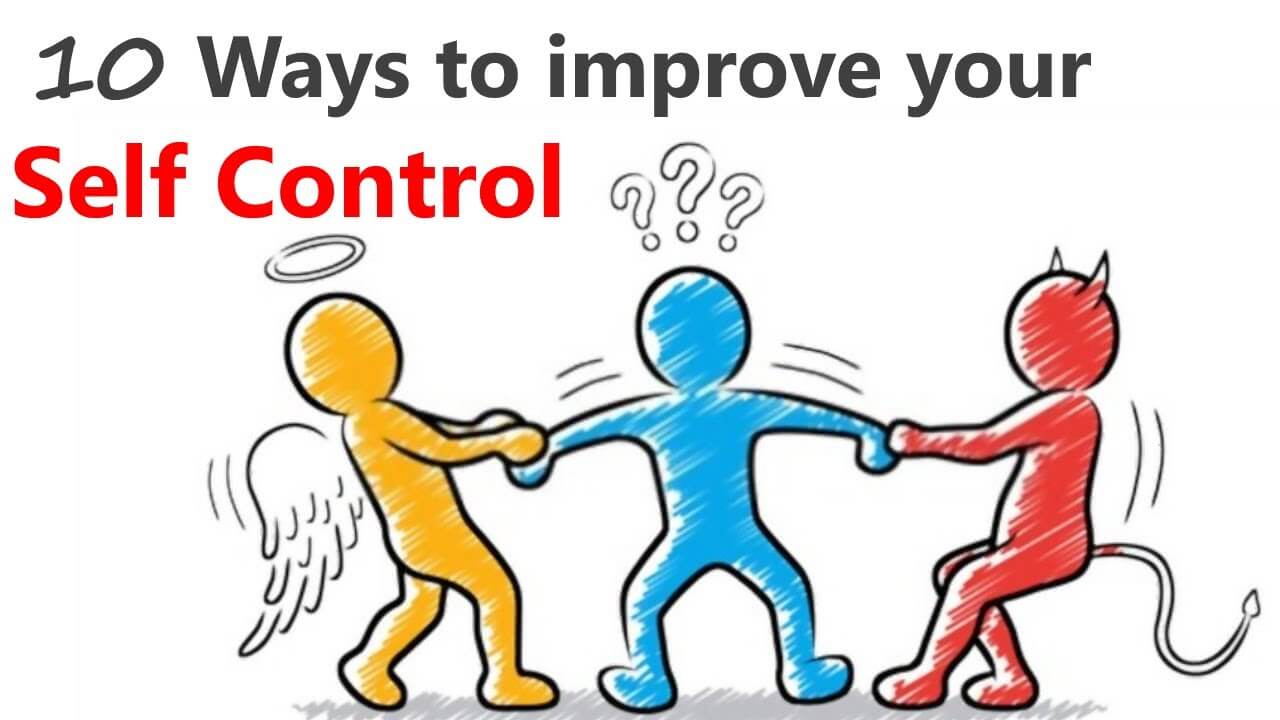Self-control In Business Management

Imagine a bustling marketplace. Vendors hawk their wares, customers haggle for the best deals, and the air is thick with anticipation. Now, picture a manager navigating this chaotic environment, not with a bullhorn and demanding directives, but with a calm demeanor, a thoughtful approach, and a laser focus on long-term goals.
This is the essence of self-control in business management: the ability to remain composed, rational, and strategic even when faced with pressure, setbacks, or tempting shortcuts. This article explores why self-control is not just a nice-to-have but a vital ingredient for success in today's dynamic business landscape, offering insights into its significance and practical applications.
The Foundation of Leadership
Self-control is the bedrock upon which effective leadership is built. It's the ability to resist impulsive reactions, to think clearly under pressure, and to make decisions based on reason rather than emotion. Without it, leaders risk making hasty choices that can damage their reputation, harm their teams, and derail their organizations.
According to research from the Harvard Business Review, leaders with high self-control inspire greater trust and confidence in their teams. Employees are more likely to follow someone who demonstrates composure and thoughtfulness, knowing that decisions are being made with careful consideration for the overall well-being of the company.
Building Resilience and Navigating Crisis
The business world is inherently unpredictable. Economic downturns, market disruptions, and unforeseen crises are inevitable. Leaders who possess strong self-control are better equipped to navigate these challenges.
They can remain calm in the face of adversity, analyze the situation objectively, and develop effective strategies for mitigating risk and seizing opportunities.
"The ability to delay gratification is a crucial skill for any leader who wants to build a sustainable, successful business," says Daniel Goleman, author of Emotional Intelligence.
Resilience, a key trait for effective leaders, is directly linked to self-control. It enables them to bounce back from setbacks, learn from their mistakes, and emerge stronger than before.
Promoting Ethical Conduct
Self-control plays a pivotal role in fostering ethical behavior within an organization. It allows leaders to resist the temptation to cut corners, bend the rules, or engage in unethical practices for short-term gains. A culture of integrity begins at the top, and it's driven by leaders who consistently demonstrate self-discipline and a commitment to doing what's right.
Studies by the Ethics & Compliance Initiative (ECI) consistently show that organizations with strong ethical cultures outperform those with weak ones. These cultures are often led by individuals who prioritize ethical considerations, even when faced with difficult choices.
By prioritizing ethical behavior, leaders with high self-control build trust with their stakeholders, enhance their reputation, and create a sustainable business model based on integrity.
Fostering Long-Term Vision
In a world of instant gratification, self-control allows leaders to focus on long-term goals rather than short-term gains. It enables them to invest in research and development, build strong relationships with stakeholders, and make strategic decisions that benefit the organization in the long run.
This ability to delay gratification is crucial for building a sustainable business. It requires resisting the urge to maximize profits at the expense of long-term growth, and instead, prioritizing investments that will yield significant returns in the future.
Consider the example of Warren Buffett, known for his patient and disciplined approach to investing. His ability to resist short-term market trends and focus on the fundamental value of companies has made him one of the most successful investors of all time.
Cultivating self-control is not an innate talent; it's a skill that can be developed through conscious effort and practice. By focusing on self-awareness, emotional regulation, and mindful decision-making, leaders can strengthen their self-control muscles and become more effective in their roles.
Ultimately, self-control is not about suppressing emotions or becoming robotic. It's about harnessing the power of reason, making conscious choices, and acting in accordance with one's values. It's a powerful tool for navigating the complexities of the business world, building trust, and creating a positive and sustainable impact.

